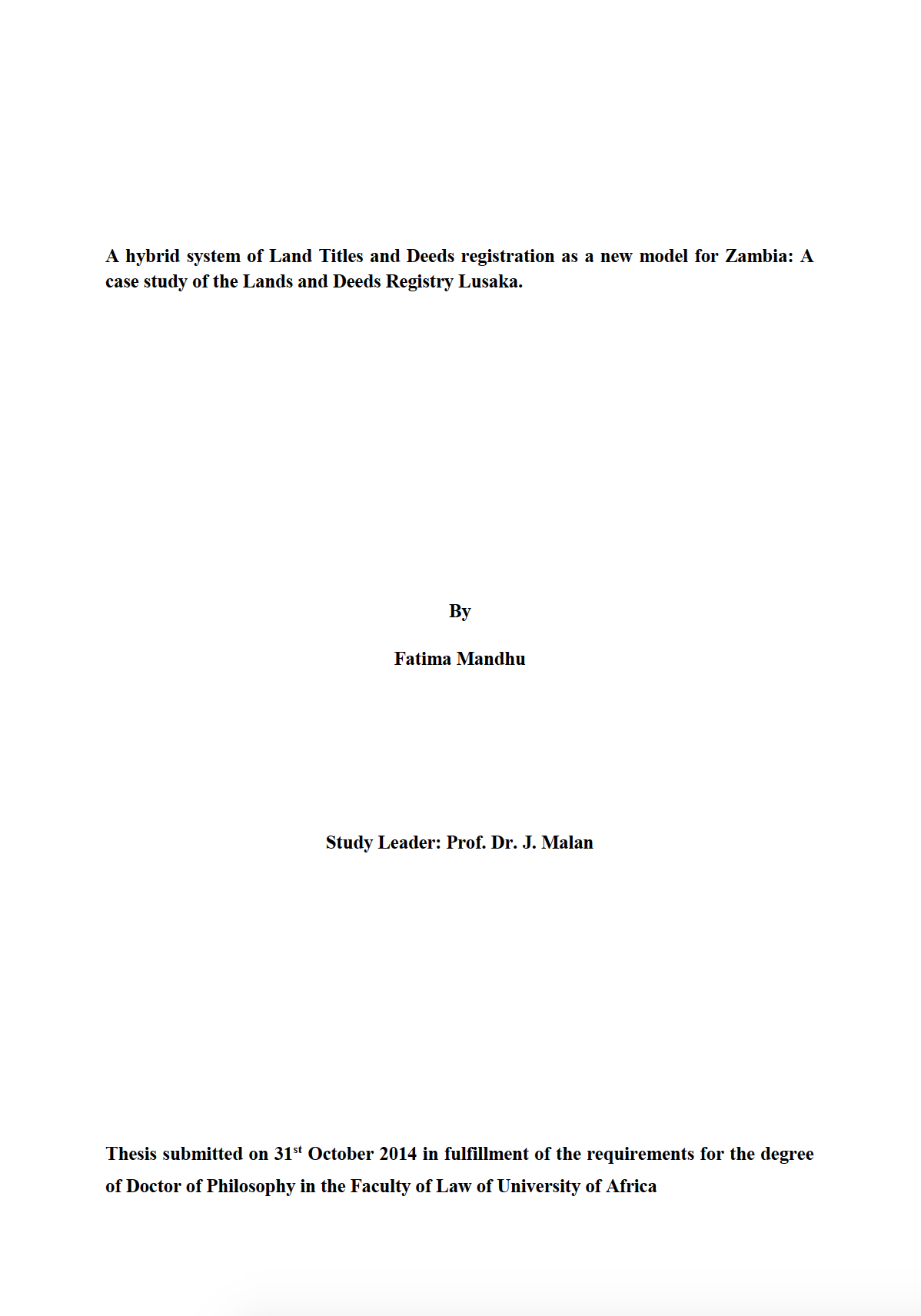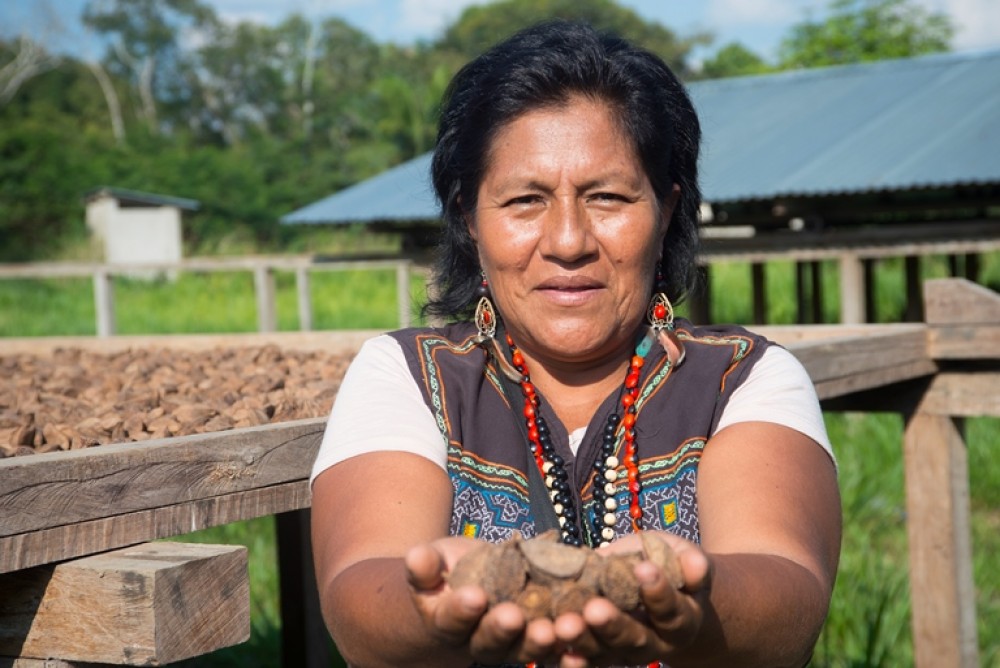Multiple Migrations, Displacements and Land Transfers at Ta Kream in Northwest Cambodia
The Cambodian case examines migration, land tenure and land management, in a context of conflict and the use of force in land transfers since the time of the Khmer Rouge regime to the present, by studying five agro-ecological zones close to the Kamping Pouy irrigation system in Battambang Province. The study combines analysis of demographic and socioeconomic characteristics of household use of land and labor with a historical and ethnographic review of conflict and institutional factors in successive land administrations.



